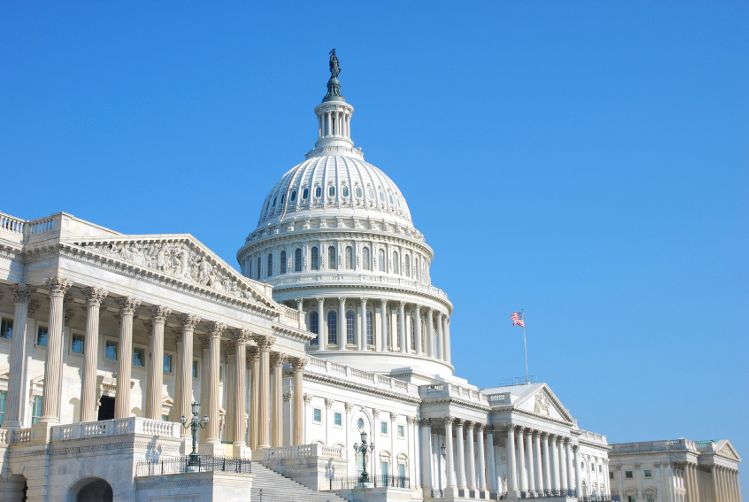New legislation from U.S. Senate for FDA user fee reauthorization includes mandatory product listing requirement
The US. Senate Committee on Health, Education, Labor, and Pensions (HELP) has released a discussion draft of the FDA Safety and Landmark Advancements (FDASLA) Act, which is legislation that would reauthorize FDA’s prescription drug, generic drug, biosimilar, and medical device user fee agreements.
Photo © iStockphoto.com/uschools

The US. Senate Committee on Health, Education, Labor, and Pensions (HELP) has released a discussion draft of the FDA Safety and Landmark Advancements (FDASLA) Act, which is legislation that would reauthorize FDA’s prescription drug, generic drug, biosimilar, and medical device user fee agreements. Included in the legislation is also a proposal to establish a mandatory product listing for dietary supplements that was recently introduced by Senate Majority Whip Dick Durbin (D-IL), and co-sponsored by Senator Mike Braun (R-IN). The proposal has sparked some controversy within the dietary supplement industry, with some stakeholders fiercely opposing the proposed legislation, calling it pre-market approval, while others are advocating for its passage.
“The NPA is significantly concerned with Chair Murray and Republican Leader Burr who failed to reject the radical and dangerous legislation from Senators Durbin and Braun that would require premarket approval for dietary supplements and weaken key privacy protections of the Bioterrorism Act, which protects the dietary supplement supply chain,” said Daniel Fabricant, PhD, president and CEO of the Natural Products Association (NPA; Washington, D.C.), in a press release. “Last time I checked, dietary supplements are not drugs, biologics, or medical devices, so why is Congress or anyone supporting nongermane legislation that will only add costs to consumers who are doing all they can to stay healthy is extremely troubling. Groups who have supported this legislation, have stated there are protections for technical disagreements with the FDA like those with hemp, CBD, NAC, and several other products. However, if this legislation were to pass, it is abundantly clear these products would be eliminated from the market.”
Earlier this month, the House Committee on Energy & Commerce unveiled its own FDA user fee legislative package which did not include a mandatory product listing requirement. NPA continues its grassroots campaign to prevent the Durbin-Braun proposal from coming to fruition.
The Consumer Healthcare priducts Association (CHPA; Washington, D.C.), for its part, has praised the discussion draft for taking steps toward greater transparency, but did call for additional measures on dietary supplement provisions. “The discussion draft of this bill takes steps needed to provide consumers with more information and greater transparency into products they rely on every day, including dietary supplements and cosmetics. CHPA appreciates the open, collaborative, and bipartisan process afforded by the leadership of the Senate HELP Committee," said Scott Melville, CEO of CHPA, in a prepared statment. "On cosmetics reform, CHPA appreciates the important regulatory clarity the draft offers. However, we believe that the dietary supplement provisions need amending and that the bill language should go further to provide consumers additional assurances regarding the safety and integrity of dietary supplements sold in the U.S."
Updated on May 19, 2022 at 11:22 AM
FDA revokes authorization to use Red No. 3 as a color additive in food or drugs
January 15th 2025FDA contends that the color additive is safe for humans but is legally obligated by the Delaney Clause of the FD&C act to revoke authorization as research shows the Red No. 3 induces cancer in rats.
FDA revokes authorization to use Red No. 3 as a color additive in food or drugs
January 15th 2025FDA contends that the color additive is safe for humans but is legally obligated by the Delaney Clause of the FD&C act to revoke authorization as research shows the Red No. 3 induces cancer in rats.
2 Commerce Drive
Cranbury, NJ 08512
All rights reserved.